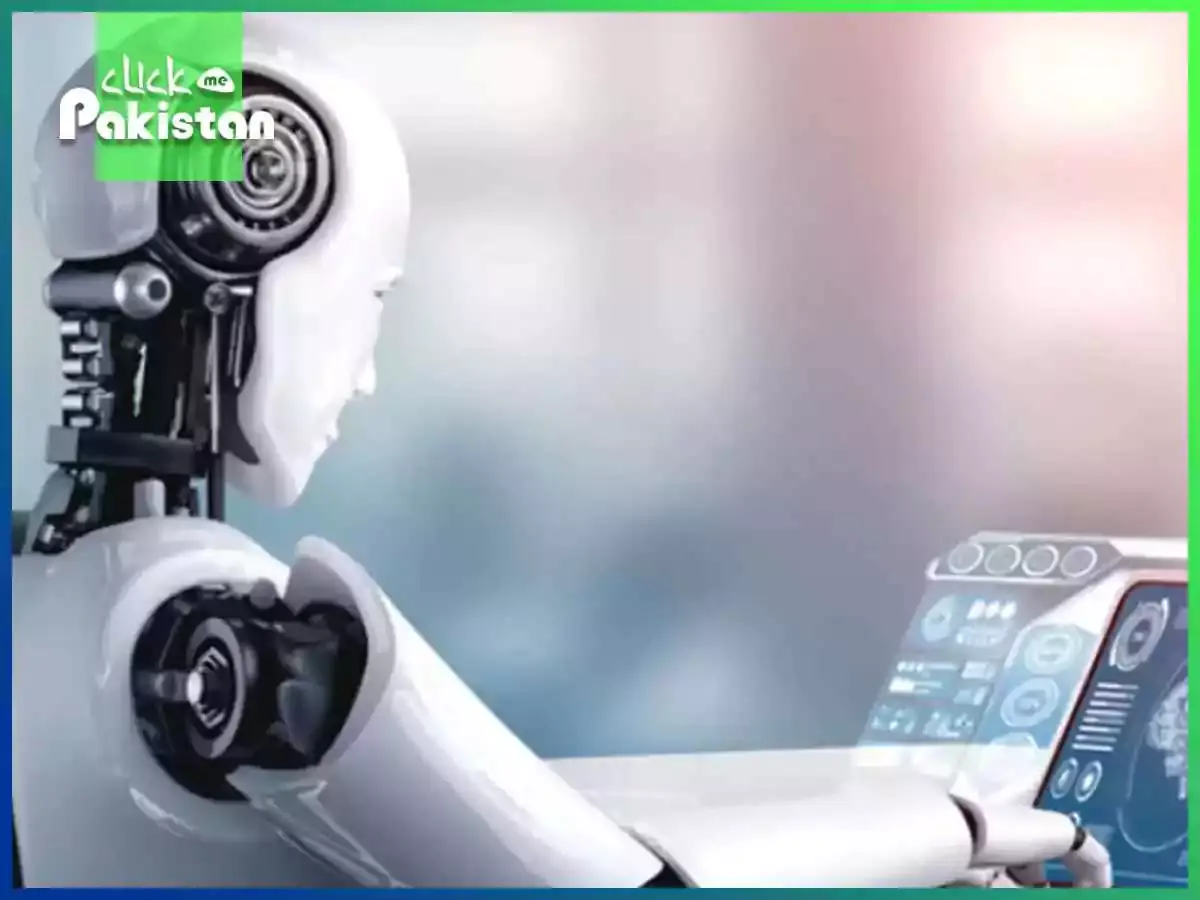Welcome to a riveting exploration of the ‘Future of Artificial Intelligence.’ Uncover the latest advancements, emerging trends, and the transformative impact AI is poised to have on various industries and our daily lives. Join us on this journey into the evolving landscape of intelligent technologies, where innovation meets limitless possibilities.
In this blog, we’ll be dealing with some of the prospects of AI that are going to influence and impact our lives in every way and aspect.
Growth Of Artificial Intelligence
Before we delve into our topic, it is important to grasp what future of artificial intelligence is and where it is currently at. AI can be classified into three categories based on its capabilities;
- Narrow AI: it is capable of intelligently accomplishing specific tasks, but AI is now in a more restricted stage.
- General AI: artificial intelligence, or AGI, is a term that refers to machines that can mimic human intelligence.
- Super AI: this refers to the self-aware AI that has the cognitive abilities that are superior to humans.
Future Of Artificial Intelligence
The Future of Artificial intelligence is bright, but it also faces many difficulties. There is so much that is going to happen in terms of AI. AI right now holds immense potential and its future looks more promising than any other field right now. Many advancements are predicted in the year 2024, however, the following are some important advances that are most likely to expand and continue to grow;
-
Advanced Automation
Future of artificial intelligence is increasingly automating routine tasks across industries, freeing up human workers to focus on more complex, creative and strategic tasks. This trend is most likely to grow in 2024 and it will potentially reshape the job market in 2024 as well.
-
Enhanced Personalization
AI-driven algorithms are improving personalization in various services, such as entertainment recommendations, healthcare treatments, shopping experiences, and more. As future of artificial intelligence gather more and more data they will understand and improve what an individual likes or dislikes.
-
AI in the Healthcare industry

#aihealthcare
Now, even if you don’t go to a doctor, AI will diagnose diseases based on your symptoms by reading data from a fitness band or person’s medical history, analyzing the pattern, and suggesting appropriate treatments and medicines.
It is astonishing how future of artificial intelligence has revolutionized the healthcare system by aiding in diagnostics, drug discovery, personalized medicine, and improving patient outcomes. This is something that we believe will only grow over the years.
-
AI in Education
AI has successfully changed the map of the education system as well. It was only after the pandemic that we released how AI has reshaped the education system. AI-powered adaptive learning platforms can tailor educational materials and experiences based on a student’s needs and demands.
This means that as a student you can a personalized learning model. Furthermore, an future of artificial intelligence-driven tutoring system provides personalized support, offering students real-time assistance and guidance.
-
Robotics and AI integration

Robotics and AI integration is a powerful combination that is reshaping various industries and domains, offering advancements in automation, efficiency, and capabilities. Robotic process automation (RPA) utilizes AI algorithms to enable robots to perform traditionally carried out by humans. Future of artificial intelligence also enables robots or cobots to work alongside humans.
-
AI in Cybersecurity

AI also plays a crucial role in cyber security. We know that there is a looming threat of a cyber attack or hacking, AI powered systems can analyze vast amounts of data to identify patterns and anomalies that might signal a cyber attack threat. It is important to note that machine learning algorithms can catch deviations from specific behaviour and that is where they can catch a potential threat or attack.
-
AI in the fintech industry
Future of artificial intelligence has significantly impacted the financial technology, and fintech sector, revolutionizing various aspects of finance, banking, and investment. AI-powered systems analyze vast amounts of transactional data in real-time to detect fraudulent activities.
Also, these AI models aid in assessing credit risk by analyzing customer data, transaction history, and other relevant factors. These AI models also analyze market trends, historical data, and news sentiment to make data-driven investment decisions.
-
Quantum Computing and AI
Quantum computing holds the potential to revolutionize AI by exponentially increasing processing power, enabling faster and more complex computations, leading to breakthroughs in machine learning and optimization algorithms. The synergy between quantum computing and AI promises to unlock new frontiers in solving currently intractable problems and driving innovation across various industries.
-
AI and Sustainability
AI is also utilized to address environmental challenges. From optimizing energy consumption to improving agriculture and mitigating climate change, AI-powered solutions are being developed to tackle all these things and sustainability issues.
-
AI Governance and Regulation
The need for governance and regulation of AI systems is becoming more and more pressing. These days, countries around the globe are establishing frameworks and adopting AI.
Is AI a Threat To The Future of Artificial Intelligence Jobs?
This has to be the most asked question. The future job market and landscape is a complex and evolving subject. While AI has reduced human labor to a great extent and has made things effective and far easier, there are many concerns about employment. Some argue that AI might replace the everyday repetitive jobs that require human labor. We see this happening around the globe where waiters, tailors, drivers, etc are getting replaced. However, while we are at it, we must remember that AI has the potential to create more job opportunities as well, it can transform existing roles and augment human capabilities.
It may require people to work in industries that require skills for AI development, data analysis, and human-AI collaboration. It is pertinent to note that AI will require humans to constantly reskill, up-skill, and adapt to the changing trends and evolving technologies to harness potential benefits and navigate the changes brought by AI.
Conclusion
While we have discussed the many advancements of AI, we must remember that it is only us humans who have created it. AI wouldn’t exist if it wasn’t for the likes or needs of people. There must be a constant need to evolve and adapt to the growing changes to thrive in a competitive AI-driven world.









